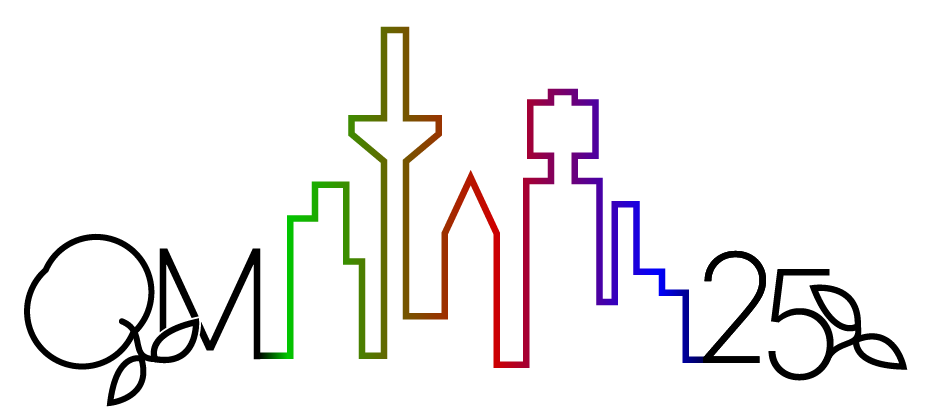Speaker
Description
In recent years, there has been a growing interest in the study of spin-polarization effects in heavy-ion collisions. Most approaches assume that final-state particles become polarized only if the thermal vorticity and shear are non-zero at freeze-out. In this sense, polarization is a final-state effect. Here, we propose a different polarization mechanism. For the first time, spin density is introduced in the initial state in a similar way as one introduces energy density. We argue that the collision of two nuclei, which occurs among participant nucleons carrying spin, deposits in the transverse plane a spin density that polarizes the produced QCD fireball along some random direction. If the subsequent evolution (e.g., kinetic or hydrodynamic) of the fireball does not alter this effect, the spins of the particles emitted at freeze-out will be polarized along the same direction. Using a simple model, we estimate that the polarization induced by initial-state fluctuations is on the order of 1% in central collisions, increasing to over 10% in noncentral collisions. At high energies, it is thus much larger than the polarization due to event-by-event fluctuations of the thermal vorticity. To measure this phenomenon, we introduce a two-particle angular correlation observable able to reveal net-spin fluctuations in the initial states, for both spin-1/2 and spin-1 hadrons. This new effect depends little on beam energy and could be promptly studied at both the LHC and RHIC. Finally, besides introducing new tools to probe spin effects in nuclear collisions, this work provides a framework to define spin initial conditions suitable for extensions of hydrodynamics with spin degrees of freedom.
| Category | Theory |
|---|
